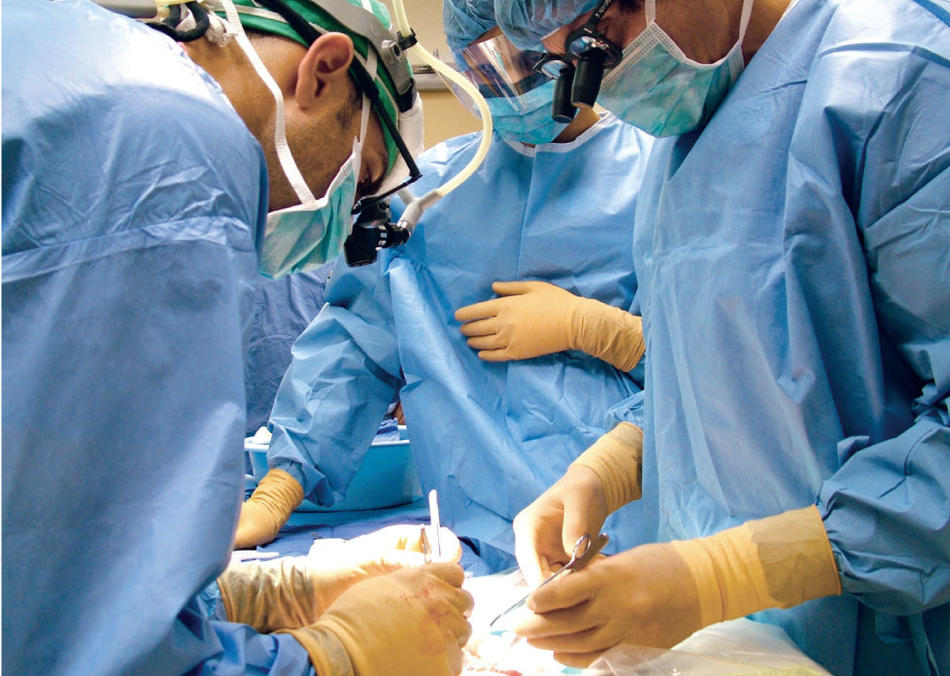Doctors commonly adjust their operating room techniques, causing some surgeries to be performed differently from hospital to hospital. "It's not like with drugs, where the treatment is proven safe and then doesn't change," says Michael Parides, an associate clinical professor of biostatistics at Columbia University's Mailman School of Public Health. "Surgeons are constantly making improvements, or at least what they think are improvements."
How do researchers test the effectiveness of those changes? Patients must be assigned randomly to receive one procedure or another in a clinical trial, a type of study that is difficult to make happen when high-risk surgeries are involved. Although only volunteers participate, doctors and scientists have a hard time agreeing on what procedures to study, given their own entrenched ideas about which approaches are best and the vital consequences for patients.
To initiate such studies about cardiac procedures, the National Heart, Lung, and Blood Institute (NHLBI) recently awarded Columbia a five-year $23 million grant to lead a new research network. Eight institutions together will decide which cardiac surgeries should be examined. The trials may involve testing a common surgery against a newly approved procedure or testing two common procedures against each another. The Data Coordinating Center for Cardiothoracic Surgical Trials Network will be based at the Mailman School and Columbia's College of Physicians and Surgeons.
One likely target of inquiry, says Parides, the project's principal investigator, is how best to repair the heart's mitral valve when clogged. When, for instance, should doctors perform a bypass operation rather than clean out the valve?
As the hub of the research network, Columbia will participate in clinical trials it initiates. The network includes Duke University, the Cleveland Clinic, the Albert Einstein-Montefiore Medical Center, Emory University, the University of Virginia, the Montreal Heart Institute, and the University of Pennsylvania. Co-principal investigators on the project are Annetine Gelijns and Alan Moskowitz, both professors of health policy and management at the School of Public Health, and Deborah Ascheim, an assistant professor of medicine at the College of Physicians and Surgeons.
"This network will address the unanswered questions about which patients may benefit most from heart surgeries," says Eric Rose, chairman of Columbia's surgery department, "and when new technologies are appropriate."



